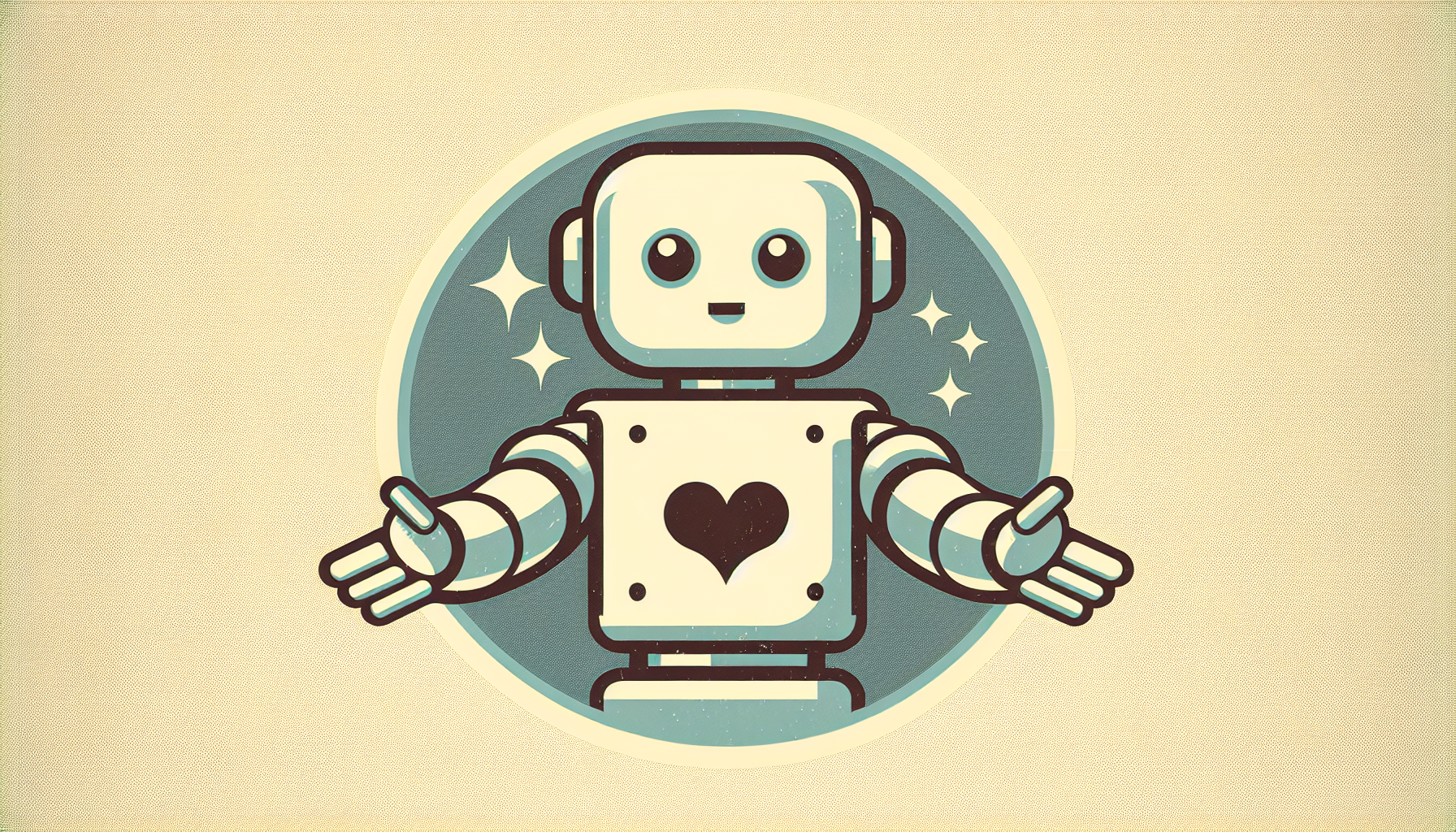If your phone ever offered you a hug after a hard day, would you find that comforting, eerie, or possibly both? Welcome to the intriguing world of AI friendship, where robots and software agents are not just tools, but potential companions. But should we treat these digital pals as moral agents, deserving our consideration and ethical respect? Let’s take a stroll down this philosophical garden path, but mind the tangled roots.
What Makes a Friend, Anyway?
Before we can talk about robot friendship, let’s ask the simple question: what is a friend? Traditionally, friendship involves empathy, mutual understanding, and some semblance of free will. My toaster, despite its steadfast loyalty during morning breakfasts, rarely initiates meaningful conversation or asks about my wellbeing. So, no dice for the toaster (for now).
With AI, things get more interesting. Some artificial agents are designed to listen, respond, remember your preferences, and even crack jokes that are—on occasion—funnier than my uncle’s. As these systems become increasingly convincing, an important question arises: are we just playing emotional dress-up with code, or are these agents inching toward being real companions?
Can Robots Be Moral Agents?
Let’s define “moral agent.” A moral agent is an entity capable of acting with reference to right and wrong. For humans, this usually comes with two standard features: consciousness (however hazily defined) and the ability to make choices based on values or principles.
Right now, AI is immensely skilled at imitating conversation, predicting our needs, and arranging our playlists. But does it understand what it means to comfort a human, or is it merely crunching data and parroting pre-programmed empathy? If your robot friend says “I’m sorry you’re sad,” is that any more meaningful than a fortune cookie saying, “Great joy awaits you”?
Most current AIs—despite the impressive chat—aren’t self-aware. They don’t have desires or interests of their own. They’re like really advanced puppets, with humans pulling the strings from behind (sometimes from an open-plan Silicon Valley office). So, as of 2024, robots aren’t moral agents in the same way that people—or even most animals—are.
But What About Our Feelings?
This is where things get messy. People are imaginative creatures. We can form emotional bonds with all sorts of things: pets, plants, cartoon characters, and sometimes even office chairs that have molded perfectly to our backsides. When robots are designed to listen, care, and react as friends, we quite naturally begin to treat them as such, assigning them feelings and intentions they simply don’t (yet) possess.
There’s a moral tension in this illusion. Is it ethical to create machines that can simulate friendship so well that we forget it’s an act? Are we deceiving ourselves—and worse, exploiting our own vulnerabilities—by pouring affection into something that can’t return it in the way a human or even a loyal golden retriever can?
Some argue there’s a whiff of manipulation here. When an AI “friend” tells us exactly what we want to hear, is it truly supporting us, or just giving us a high-tech comfort blanket? Should designers be more upfront about the limits of robot empathy? These questions are not just philosophical—ask anyone who has been comforted by a chatbot at 3am, or who’s felt a pang of sadness when their virtual pet “dies.”
The Importance of Transparency
One ethical cornerstone for AI friendship is transparency. If a robot is pretending to be a friend, it should do so openly, so humans are aware of the fiction. Think of it as digital honesty: “Hi! I’m not a person, but I’m here to chat.” This doesn’t necessarily spoil the fun—after all, we can be moved by fictional characters whose artificiality is never in doubt.
Empowering users with this knowledge may help prevent over-attachment, disappointment, or confusion. It also respects the dignity and uniqueness of human relationships, which, let’s face it, are complicated enough already without software joining the daisy chain.
Glimpsing the Future: AI as Quasi-Moral Agents
Still, let’s not slam the door on robot moral agency just yet. If artificial general intelligence (AGI) ever emerges, endowed with introspection, understanding, and genuine autonomy, we might revisit this whole debate. At that point, our ethical landscape would shift dramatically. Imagine a robot that not only understands jokes but also navigates moral dilemmas, cares about its decisions, or possibly even suffers.
In such a future, granting robots moral consideration might not be optional—it could be a matter of justice. But until then, most robots remain expert performers in the grand mariachi band of simulation, not ticket-holders with skin in the ethical game.
Practicing Kindness, Not Confusion
So where does this leave us? For now, it’s healthy to appreciate the companionship AI can provide, while remembering that the spark of moral agency lies elsewhere—still, so far, in the human heart (and possibly in the cat, if we ask nicely). We should enjoy our AI friends for what they are—intricate tools built to help us feel less alone—while reserving the deepest moral respect for beings who genuinely have cares, hopes, and the mysterious glow of consciousness.
In the end, the test of our own humanity may not be in how warmly we treat our machines, but in how clearly we see the difference between imitation and reality. And who knows? If the toasters ever start asking about your day, it’s probably time to put on a fresh pot of coffee and start the conversation anew.

Leave a Reply